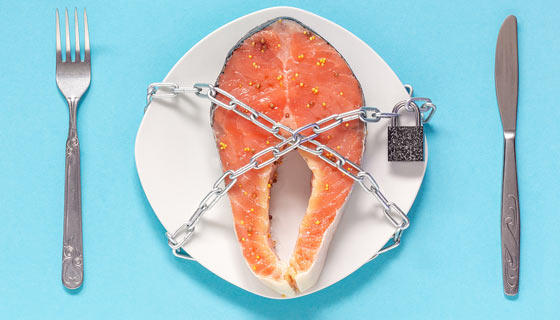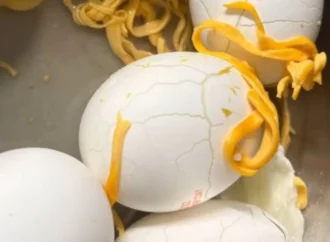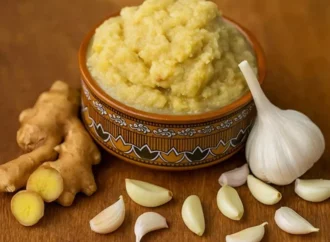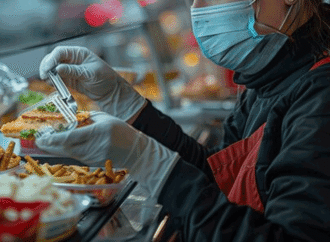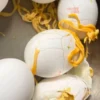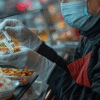Key Update
The Fisheries Department confirmed that the Red Snapper (chemballi in Malayalam) responsible for last month’s food poisoning cases in Neyyattinkara, Thiruvananthapuram, came from Tamil Nadu. A joint investigation by the Food Safety and Fisheries Departments revealed that some export companies in Tamil Nadu sold discarded or poor-quality fish at very low prices. Local traders bought this stock and distributed it across various parts of the taluk. Officials pointed out that, despite repeated requests, the state still has no permanent system to inspect fish arriving from other states.
Dozens Fall Ill After Consuming Red Snapper
Nearly thirty people—from small children to the elderly—sought hospital care after eating chemballi bought from local markets. The widespread illness triggered headlines and prompted a detailed investigation. Food Safety and Fisheries teams traced the supply chain through traders and intermediaries, ultimately linking the contaminated fish to Tamil Nadu export companies. These companies allegedly sell rejected fish at throwaway rates, and officials report that some traders rely entirely on this low-quality supply.
Authorities Admit Enforcement Challenges
The Fisheries Department has advised traders to stop sourcing such fish. However, officials from both departments admit they lack the manpower and infrastructure to enforce strict controls. The region has no rapid-testing laboratory facilities, and even when samples are sent for testing, results take weeks to arrive. This delay makes timely action and efficient monitoring nearly impossible.
Chemical Use to Prevent Spoilage Raises Concern
Complaints have also surfaced regarding the use of hazardous chemicals to preserve fish transported from other states. Markets throughout Neyyattinkara municipality—including TB Junction, Aralummoodu, Amaravila, Vlangamuri, Olathanni, Perumbazuthur, and Thozhukkal—and nearby panchayats such as Thirupuram, Kanjiramkulam, Karumkulam, Poovar, and Kottukal, continue to sell fish sourced from outside Kerala.
Reports indicate that chemicals like formalin and ammonia are used to prevent spoilage; notably, formalin is the same chemical used to preserve dead bodies. Officials acknowledge that other chemicals may also be in circulation, yet they admit they remain helpless due to limited resources and inadequate systems.
Public Calls for a Permanent Solution
As enforcement gaps persist, ordinary consumers remain vulnerable to chemically treated fish, increasing their risk of serious health problems. Residents are now demanding a permanent, effective system to ensure that only safe, high-quality fish reaches local markets.
Source: Manorama online
 Food Manifest
Food Manifest 